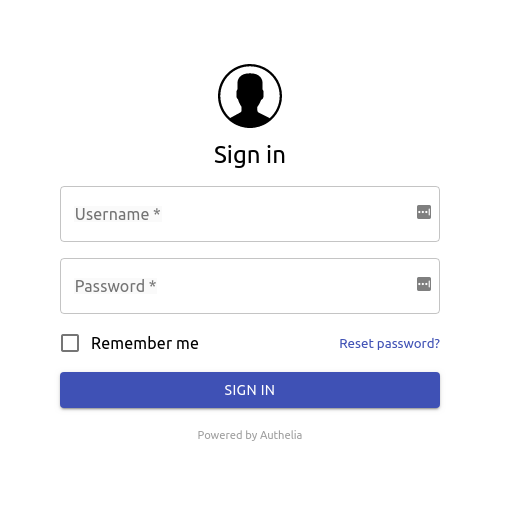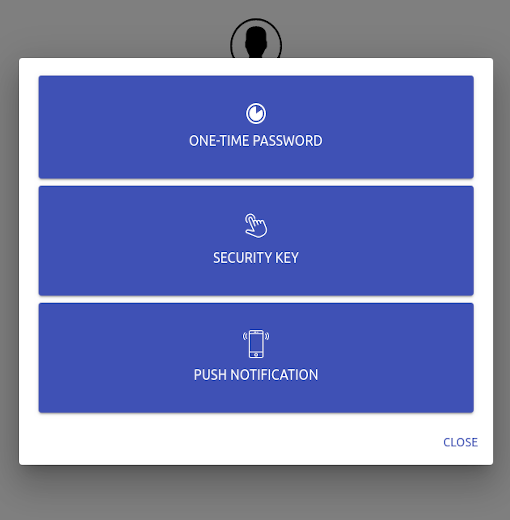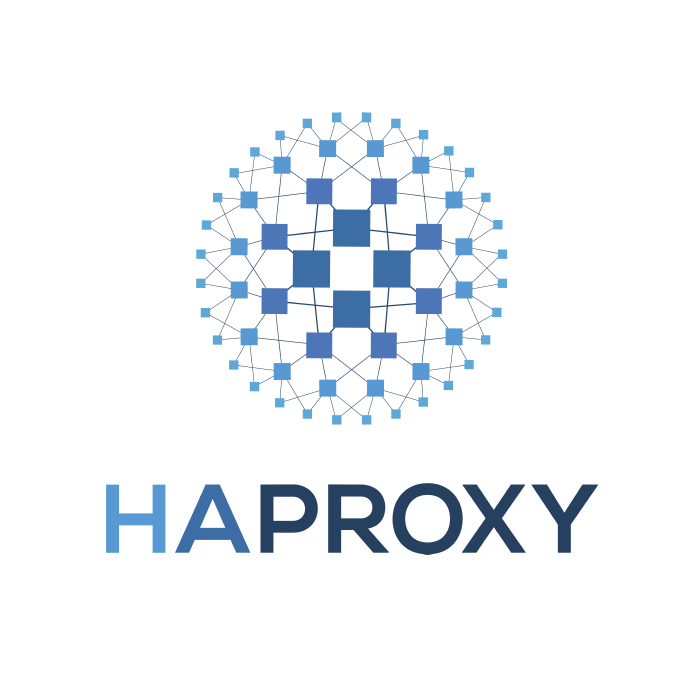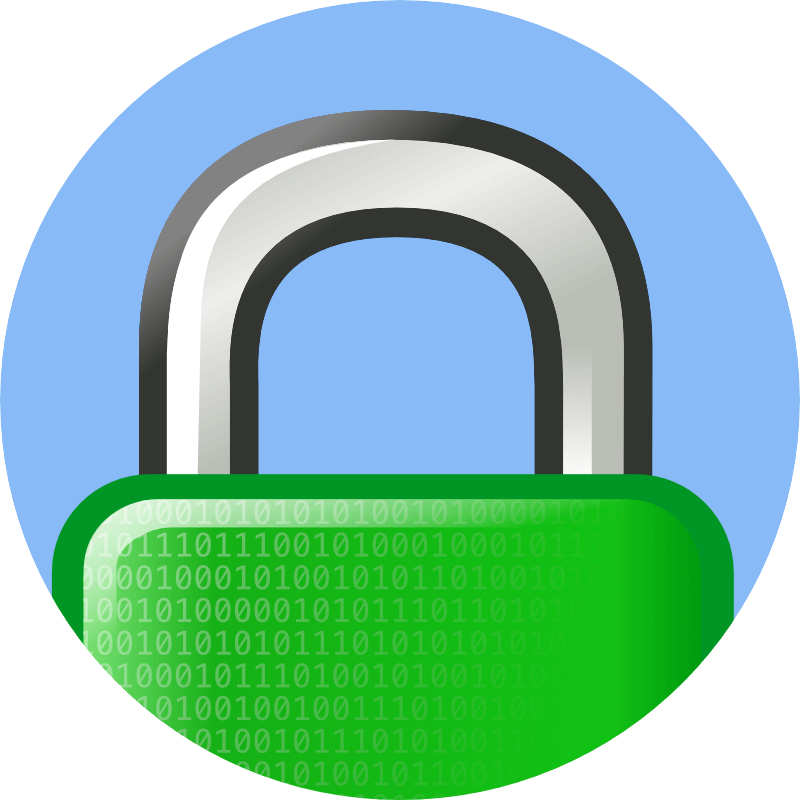This enhances the existing time.Duration parser to allow multiple units, and implements a decode hook which can be used by koanf to decode string/integers into time.Durations as applicable. |
||
|---|---|---|
| .buildkite | ||
| .github | ||
| api | ||
| cmd | ||
| docs | ||
| examples/compose | ||
| internal | ||
| web | ||
| .all-contributorsrc | ||
| .codecov.yml | ||
| .dockerignore | ||
| .gitignore | ||
| .golangci.yml | ||
| .healthcheck.env | ||
| .renovaterc | ||
| .reviewdog.yml | ||
| .yamllint.yml | ||
| CODE_OF_CONDUCT.md | ||
| CONTRIBUTING.md | ||
| Dockerfile | ||
| Dockerfile.coverage | ||
| Dockerfile.coverage.dockerignore | ||
| Dockerfile.dev | ||
| Dockerfile.dev.dockerignore | ||
| LICENSE | ||
| README.md | ||
| SECURITY.md | ||
| authelia.service | ||
| authelia@.service | ||
| bootstrap.sh | ||
| config.template.yml | ||
| entrypoint.sh | ||
| go.mod | ||
| go.sum | ||
| healthcheck.sh | ||
README.md

Authelia is an open-source authentication and authorization server providing two-factor authentication and single sign-on (SSO) for your applications via a web portal. It acts as a companion for reverse proxies like nginx, Traefik or HAProxy to let them know whether requests should either be allowed or redirected to Authelia's portal for authentication.
Documentation is available at https://www.authelia.com/docs.
The following is a simple diagram of the architecture:

Authelia can be installed as a standalone service from the AUR, APT, FreeBSD Ports, or using a Static binary, .deb package, Docker or Kubernetes either manually or via the Helm Chart (beta) leveraging ingress controllers and ingress configurations.


Here is what Authelia's portal looks like:


Features summary
This is a list of the key features of Authelia:
- Several second factor methods:
- Password reset with identity verification using email confirmation.
- Access restriction after too many invalid authentication attempts.
- Fine-grained access control using rules which match criteria like subdomain, user, user group membership, request uri, request method, and network.
- Choice between one-factor and two-factor policies per-rule.
- Support of basic authentication for endpoints protected by the one-factor policy.
- Highly available using a remote database and Redis as a highly available KV store.
- Compatible with Traefik out of the box using the ForwardAuth middleware.
- Curated configuration from LinuxServer via their Swag container as well as a guide.
- Kubernetes Support:
- Compatible with the ingress-nginx, the Traefik Kubernetes CRD, and the Traefik Kubernetes Ingress Kubernetes ingress controllers out of the box.
- Beta support for installing via Helm using our Charts.
- Beta support for OpenID Connect.
For more details about the features, follow Features.
If you want to know more about the roadmap, follow Roadmap.
Proxy support
Authelia works in combination with nginx, Traefik or HAProxy. It can be deployed on bare metal with Docker or on top of Kubernetes.




Help Wanted: Assistance would be appreciated in getting Authelia working with Caddy and Envoy.


Getting Started
docker-compose
The docker-compose bundles act as a starting point for anyone wanting to see Authelia in action. You will have to
customize them to your needs as they come with self-signed certificates.
Local
The Local compose bundle is intended to test Authelia without worrying about configuration. It's meant to be used for scenarios where the server is not be exposed to the internet. Domains will be defined in the local hosts file and self-signed certificates will be utilised.
Lite
The Lite compose bundle is intended for scenarios where the server will be exposed to the internet, domains and DNS will need to be setup accordingly and certificates will be generated through LetsEncrypt. The Lite element refers to minimal external dependencies; File based user storage, SQLite based configuration storage. In this configuration, the service will not scale well.
Full
The Full compose bundle is intended for scenarios where the server will be exposed to the internet, domains and DNS will need to be setup accordingly and certificates will be generated through LetsEncrypt. The Full element refers to a scalable setup which includes external dependencies; LDAP based user storage, Database based configuration storage (MariaDB, MySQL or Postgres).
Deployment
Now that you have tested Authelia and you want to try it out in your own infrastructure, you can learn how to deploy and use it with Deployment. This guide will show you how to deploy it on bare metal as well as on Kubernetes.
Security
Authelia takes security very seriously. If you discover a vulnerability in Authelia, please see our Security Policy.
For more information about security related matters, please read the documentation.
Contact Options
Several contact options exist for our community, the primary one being Matrix. These are in addition to GitHub issues for creating a new issue.
Matrix
Community members are invited to join the Matrix Space which includes both the Support Room and the Contributing Room.
- The core team members are identified as administrators in the Space and individual Rooms.
- All channels are linked to Discord.
Discord
Community members are invited to join the Discord Server.
- The core team members are identified by the CORE TEAM role in Discord.
- The #support and #contributing channels are linked to Matrix.
You can contact the core team by email via team@authelia.com. Please note the
security@authelia.com is also available but is strictly reserved for security related
matters.
Breaking changes
Since Authelia is still under active development, it is subject to breaking changes. It's recommended to pin a version
tag instead of using the latest tag and reading the release notes
before upgrading. This is where you will find information about breaking changes and what you should do to overcome
said changes.
Why Open Source?
You might wonder why Authelia is open source while it adds a great deal of security and user experience to your infrastructure at zero cost. It is open source because we firmly believe that security should be available for all to benefit in the face of the battlefield which is the Internet, with near zero effort.
Additionally, keeping the code open source is a way to leave it auditable by anyone who is willing to contribute. This way, you can be confident that the product remains secure and does not act maliciously.
It's important to keep in mind Authelia is not directly exposed on the Internet (your reverse proxies are) however, it's still the control plane for your internal security so take care of it!
Contribute
If you want to contribute to Authelia, please read our contribution guidelines.
Authelia exists thanks to all the people who contribute so don't be shy, come chat with us on either Matrix or Discord and start contributing too.
Thanks goes to these wonderful people (emoji key):
This project follows the all-contributors specification. Contributions of any kind welcome!
Backers
Thank you to all our backers! 🙏 Become a backer and help us
sustain our community. The money we currently receive is dedicated to bootstrap a bug bounty program to give us as many
eyes as we can to detect potential vulnerabilities.
Sponsors
Any company can become a sponsor by donating or providing any benefit to the project or the team helping improve Authelia.
Help Wanted: We are actively looking for sponsorship to obtain either a code security audit, penetration testing, or other audits related to improving the security of Authelia.
Companies contributing to Authelia will have a specical mention below. [Become a sponsor]
Balto
Thank you to Balto for
hosting our apt repository.
Digital Ocean
Thank you to DigitalOcean for
contributing on OpenCollective.
JetBrains
Thank you to JetBrains
for providing us with free licenses to their great tools.
License
Authelia is licensed under the Apache 2.0 license. The terms of the license are detailed in LICENSE.










